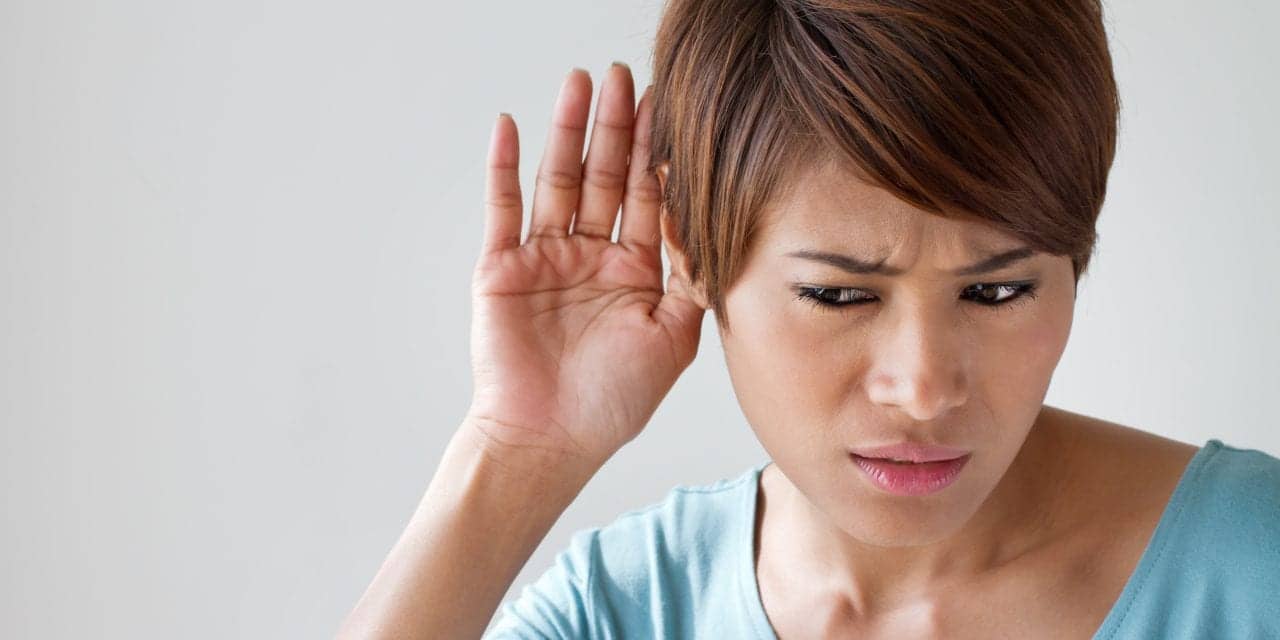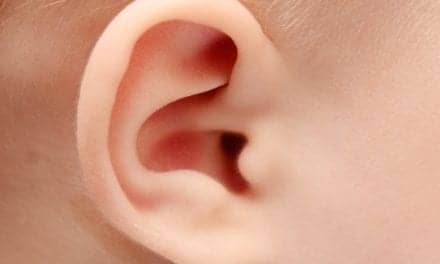Staff Standpoint | August 2018 Hearing Review
Depression and its connection to hearing loss seems pretty logical and self-evident, especially if you’re a dispensing professional who experiences daily the difference that amplification can make in a person’s life. In fact, many clinicians find themselves explaining the connection as follows: a person’s hearing loss and related communication problems can lead to gaffes and social faux pas; leading to embarrassment, anxiety, and loss of self-esteem; leading to gradual withdrawal from social situations and physical activity; leading to social isolation and loneliness; and eventually bringing them down the path to depression.
While this is probably an adequate description for some cases, a recent webinar1 by Victor Bray, PhD, associate professor and former dean of Salus University’s Osborne College of Audiology, points to more recent scientific literature that paints a far more complex picture of hearing loss and its association with depression—one we all should be aware of. The utility of hearing aids, cochlear implants, and assistive devices is made no less important by this complexity; however, it’s vital to understand who might be most at risk for depression in your patient population, how best to administer simple screening tools (ie, the PHQ-2 or PHQ-9), and why it’s important to refer patients to a medical doctor or psychologist, when indicated.
Depression, also known as major depressive disorder (MDD), is present in 5-10% of the general population (up to 40% in some groups), and is a serious medical illness that negatively affects feelings, thoughts, and actions. The primary risk factors for depression are co-morbid chronic medical conditions (hearing loss is a pervasive chronic condition, especially among seniors) and recent stressful events. And, as with cognitive decline and dementia—the subject of my editorial last month—the stakes in treating depression are high for society and healthcare professionals. As Hsu and colleagues (2016) pointed out:
Depression is a common mental disorder, which affects 350 million people in the world. Unipolar depressive disorders and adult-onset hearing loss, the most common neuropsychiatric conditions, and sense organ disorder, respectively, are the first and second leading nonfatal causes of year loss due to disability among adults in high-income countries.2
Several of the studies reviewed by Dr Bray tend to suggest that the odds ratio for acquiring depression increases by a factor of about two if you have untreated hearing loss. However, a lot of the studies also show that a variety of chronic illnesses—ranging from cirrhosis to diabetes mellitus—can be associated with depression, so there could be some underlying neurophysiological common cause in hearing loss and other health problems that hasn’t been discovered yet. Dr Bray also looks at some very intriguing research about how dual-sensory loss (ie, hearing and vision loss) and sudden sensorineural hearing loss (particularly among young people) can greatly increase the risk for depression, as well as studies that are shedding light on how treated hearing loss might positively affect those suffering from anxiety, loneliness, and depression.
As Dr Bray explains, the linkage of hearing loss to depression could come from both a social (downstream) effect, as described at the beginning of this article, and a biological/neurological (upstream) effect, as proposed in a model by Rutherford et al.3 If that were the case, an effective treatment plan could involve therapy and/or medication from a psychologist, in coordination with a hearing device and/or auditory and cognitive retraining from a hearing care professional.
Dr Bray’s webinar was sponsored by Hamilton CapTel, and the company also sponsored an exceptionally interesting and well-viewed webinar last year about hearing loss and associated co-morbidities (including depression) by Harvey Abrams, PhD.4,5 When viewed together, they put an exclamation point on the fact that hearing loss isn’t just about the ears, it’s about health, the brain, quality of life, healthy aging, and so much more—while underscoring the crucial role of the hearing care professional in general healthcare.
To see Dr Bray’s webinar, visit https://bit.ly/2Lpt4AW.
Citation for this article: Strom KE. Depression and hearing loss. Hearing Review. 2018;25(8):6.
References
1. Bray V. Depression, hearing loss, and treatment with hearing aids [Webinar]. July 13, 2018. Available at: https://hearingreview.com/2018/07/new-webinar-depression-hearing-loss-treatment-hearing-aids
2. Hsu W-T, Hsu C-C, Wen M-H, et al. Increased risk of depression in patients with acquired sensory hearing loss: A 12-year follow-up study. Medicine. 2016;95(44):e5312.
3. Rutherford BR, Brewster K, Golub JS, Kim AH, Roose SP. Sensation and psychiatry: Linking age-related hearing loss to late-life depression and cognitive decline. Am J Psychiatry. 2017;175(3):215-224.
4. Abrams H. Hearing loss and associated comorbidities: What do we know [Webinar]? May 31, 2017. Available at: https://hearingreview.com/2017/05/new-webinar-hearing-loss-associated-comorbidities-know/
5. Abrams H. Hearing loss and associated comorbidities: What do we know? Hearing Review. 2017;24(12):32-35. Available at: https://hearingreview.com/2017/11/hearing-loss-associated-comorbidities-know/






